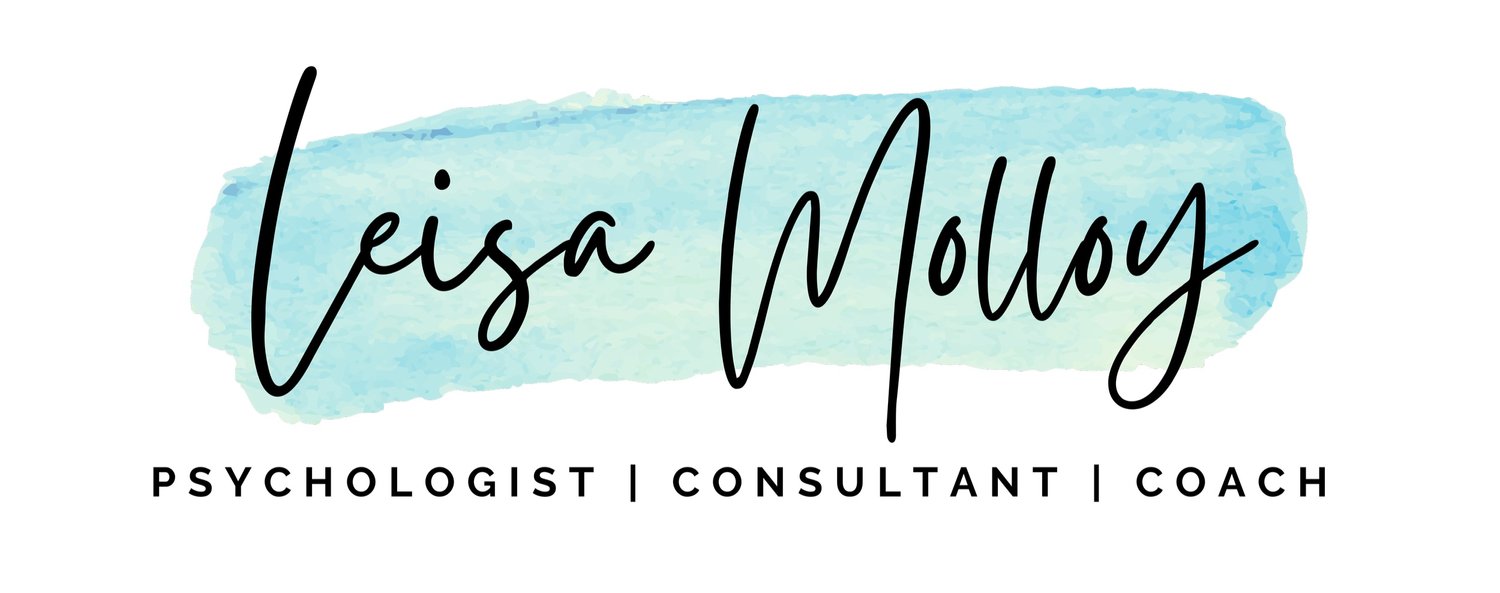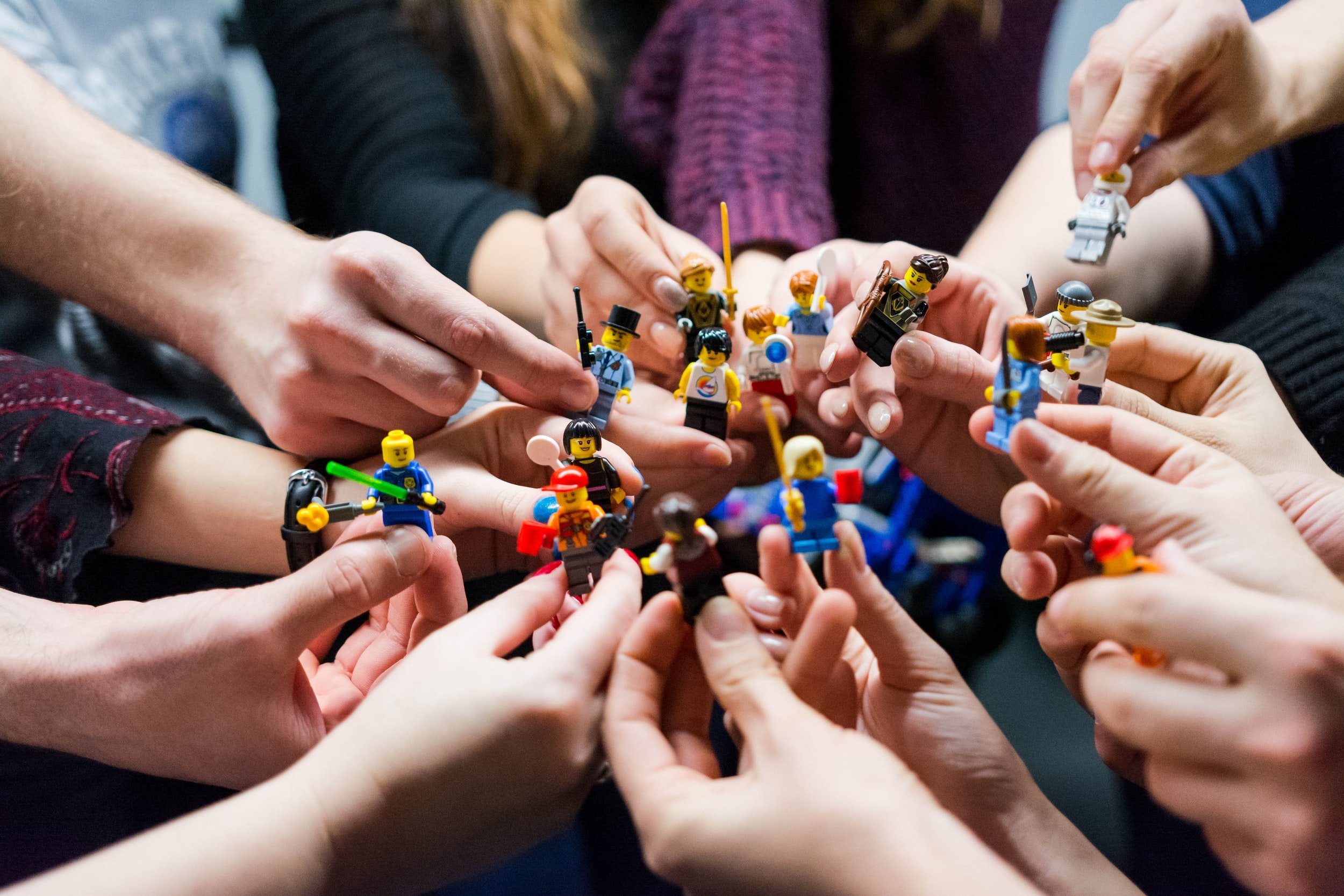On being defensive, healthy disagreement, and learned behaviours...
This is the content from the July 2022 newsletter - enjoy! And be sure to sign up for the newsletter if you enjoy this kind of content :-)
How can you help employees build relationships?
One of the big lessons we've learned from Covid is that the quality and depth of our relationships can significantly impact our overall wellbeing. In fact, we've known this for a while thanks to some pretty solid research in the field of positive psychology (see the PERMA model). But the last few years have really shone a spotlight on why this also matters in a workplace context.
Given this, I quite enjoyed this article outlining some simple and cost-effective ways for organisations to help employees create and maintain new workplace relationships. To me, a key benefit relates to removing some of the barriers to employees initiating new connections themselves, given that many reported feeling awkward or unsure about this (in the survey conducted by the authors).
You'll find the full article here. And feel free to reach out if you need a little outside help in exploring options around peer networking or mentoring programs within your organisation.
How can you encourage your team to disagree?
This HBR article is an interesting read for anyone keen to strengthen levels of psychological safety within their team. The key premise is that without a degree of healthy disagreement and productive tension, your team is probably NOT operating at its best.
The article explores 4 different ways to break "stale habits" and challenge habitual ways of operating, with the underlying goal of challenging team members to get outside their comfort zone and do things differently. To me, a couple of suggestions stood out as particularly important for those keen to explore this approach, with both helping to ensure that team members don't end up feeling less psychologically safe..! One relates to being transparent and explicit about why you are "raising the heat" in the first place. Another is to ensure that any potentially problematic behaviours are flagged in a very neutral, objective and nonjudgemental way - something that is often much easier in theory than in practice! Keen to read the article? You can find it here.
Are you hiring (and building) impact players?
This article includes some key insights and infographics on what author Liz Wiseman describes as "impact players" - those individuals who not only do great work in the context of their own day-to-day roles, but also have an enormously positive impact on the broader team. You'll read about what tends to make impact players stand out in the first place, and some of the key qualities to look for when recruiting new team members.
Another interesting piece relates to which of these attributes and behaviours are more and less 'coachable' - something I've often chatted to clients about in the context of growth, development and talent management processes. The article can be found here on the HRM website.
Are you being too defensive?
If you are a normal, thinking and feeling human being who works as part of a team or group, then this TEDx talk is relevant to you! Jim Tamm, a former judge with decades of experience mediating disputes and conflict, shares some insights on the role that defensiveness plays in limiting successful collaboration at work. You'll hear some key ideas on why we become defensive in the first place, and the underlying fears that often prompt this kind of response. Tamm also shares advice on learning to recognise our warning signals - a key step in moderating our responses and avoiding moving into the "red zone".
From my perspective as a workplace psychologist, his key messages really resonated with both my own experience and other relevant research on similar topics. I also liked Tamm's assertion on why all of this matters to organisations - ultimately, he says, "...you cannot compete externally if you can't first collaborate internally."
You'll find the talk embedded at the bottom of this article on the TED website.
How do you build thriving, psychologically safe teams?
This podcast episode includes a great discussion with Amy Edmondson, one of the world's leading researchers on teaming, psychological safety, and organisational learning. I was inspired to share this episode given that I'm currently undertaking accreditation in the Fearless Organization Scan survey tool, which uses Edmondson's research to help organisations measure and improve psychological safety in their teams.
For those who don't know much about the topic, it's a great introduction to what psychological safety is all about and why it matters. For those familiar with the concept, you'll still pick up some great takeaways given the increasingly important role that psych safety plays in modern organisations. One of my favourite parts of the episode is where Amy talks about the fact that we are all "fallible human beings living in a fast-changing, uncertain, interdependent world" - a good reminder for us all!
You can listen here on the podcast website, or here on Apple podcasts or Spotify.
Are your strengths actually 'learned behaviours'?
This month I wanted to share a link that takes you to one of my favourite strengths tools - the Strengths Profile questionnaire. While there are several great strengths tools out there, I've always enjoyed the fact that this tool digs deeper into the role that energy plays in determining a true 'strength' versus a 'learned behaviour' - something you are good at but don't feel particularly energised by!
My inspiration for sharing this? I'm about to kick off a strengths program with a large team, and am excited about exploring this with my participants and 'mapping' different strengths across the broader team. Following this link will take you to the Strengths Profile website, where you can take the survey and explore these ideas through a free starter version of the report.
Thanks for reading! Feel free to share with anyone who might find these insights helpful, or who might want to sign up and join the community.






